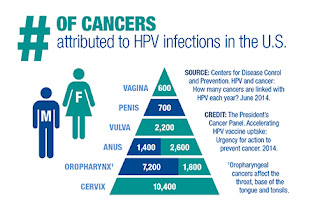A Guide to Better Sleep for the College Student
1. Make a schedule and stick to it!
Set a time to wake up and when to go to sleep by organizing
your day hourly. Remember, this will only be effective if you start your day
when you originally planned it.
2. Avoid caffeine before bed
2. Avoid caffeine before bed
Try to avoid caffeinated beverages such as energy drinks,
tea, soda and chocolate, 6 hours before calling it a night. This will allow
your body just enough time to digest it and leave your system.
3. Eat about 2-3 hours before going bed
3. Eat about 2-3 hours before going bed
Food has calories, which equal energy! You need them to get
you through your day. However, allow your body time to digest your meals for
better quality sleep.
4. Hydrate!
4. Hydrate!
Replenish your body with plenty of water throughout your day
to keep your body going. Drinking water is really important, to switch things
up, add lemon and cucumber with mint or mix in some berries. It is delicious
and refreshing!
5. Nap Wisely
5. Nap Wisely
Napping is a great way to let your brain and eyes recharge as
well as increase creativity to get you through your scholarly duties. Limit
your nap to 1 hour maximum earlier in the day. Too long of a nap can interfere
with a good night’s rest!
6. Stop screen time 1 hour before going to bed.
6. Stop screen time 1 hour before going to bed.
Most of us enjoy scrolling through our social media before
going to bed, but we need to give our eyes and brain a rest. Our electronic
devices produce blue light which signals the brain to stop the production of
melatonin, the hormone that stimulates sleep. To keep that production flowing, put
your phone down and install apps which project red light instead.
7. Prepare a restful environment.
7. Prepare a restful environment.
Know yourself and your preferences that will allow you to get
a good night sleep. Do you like soothing sounds playing in the background? Does
it need to be pitch black? Do you need a fan on?
8. Associate your bed
for sleep and sex only.
Do not do homework or any studying on your bed, that way your
brain associates your bed for resting and sleep, among other activities. This
will allow you to fall asleep sooner.
9. Meditating and Breathing
Relax your mind and body before calling it a night. This will
allow you to slow down your heart rate to a healthy but peaceful level. Learn
techniques online with an app or on YouTube.
10. Exercise Regularly!
Exercising has many benefits, if performed a couple hours
before going to bed and if it is done on a regular basis it will relax your
muscles, reduce stress, and help you fall asleep faster.
By Yesenia Garcia
By Yesenia Garcia


Comments
Post a Comment